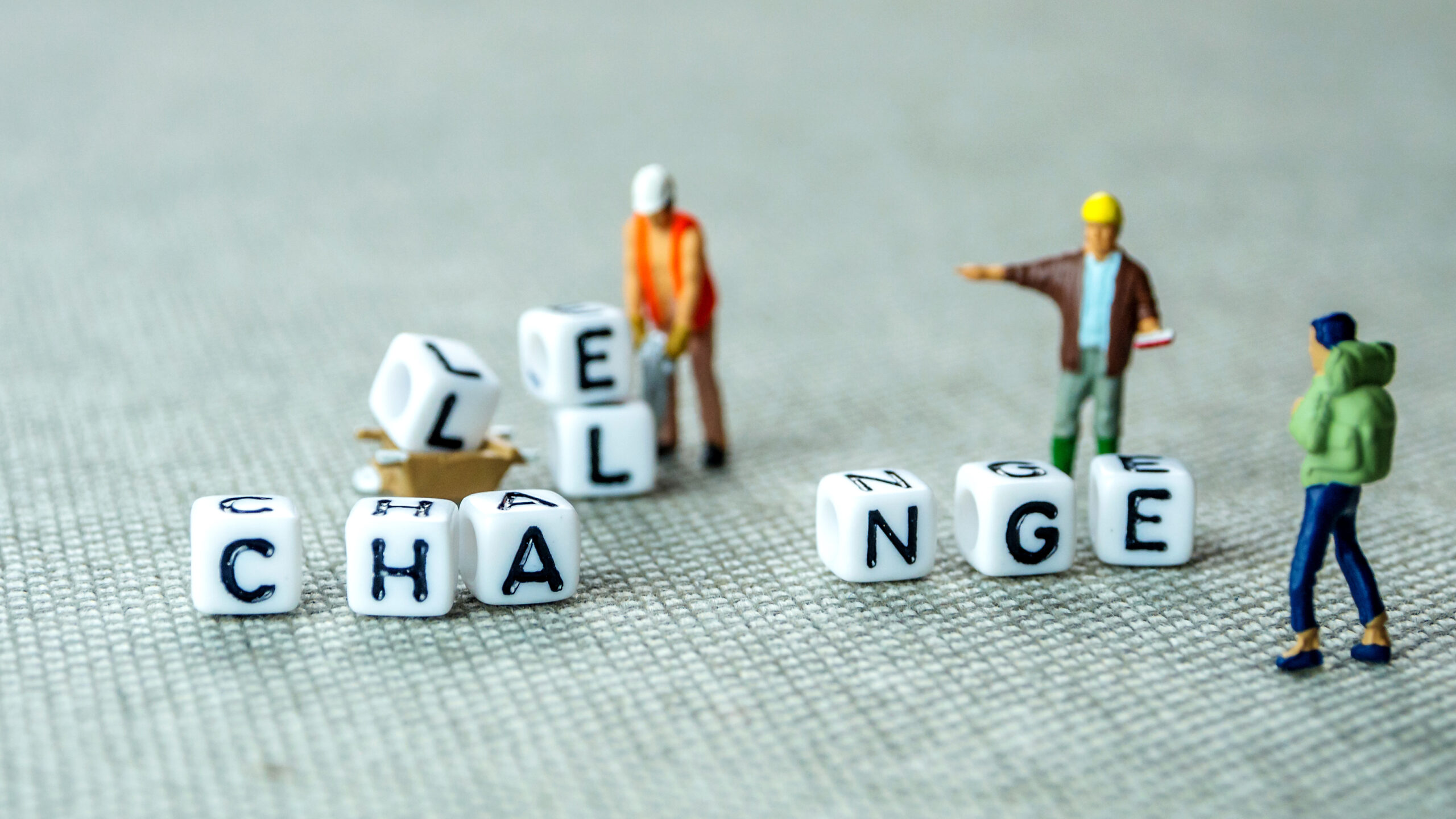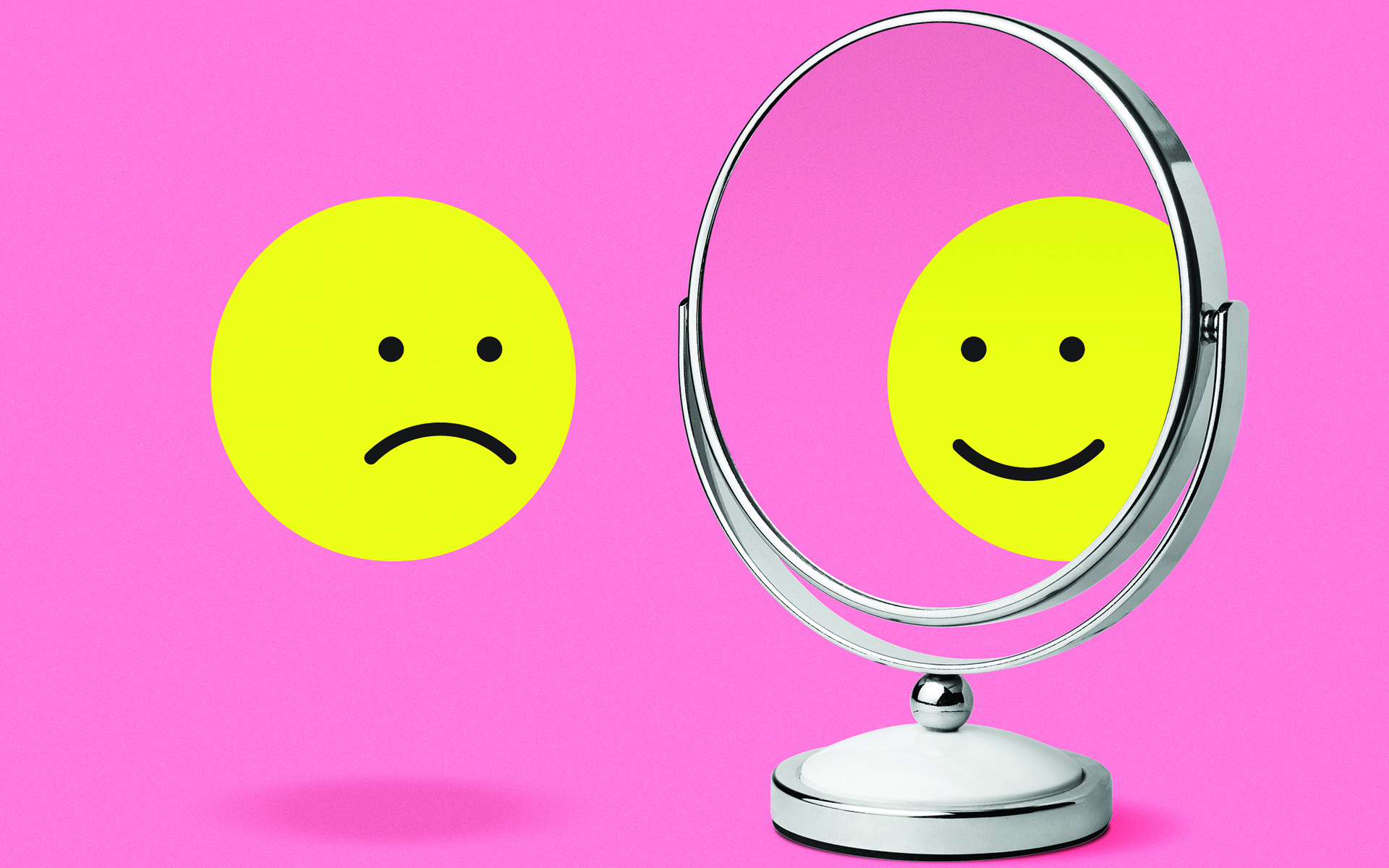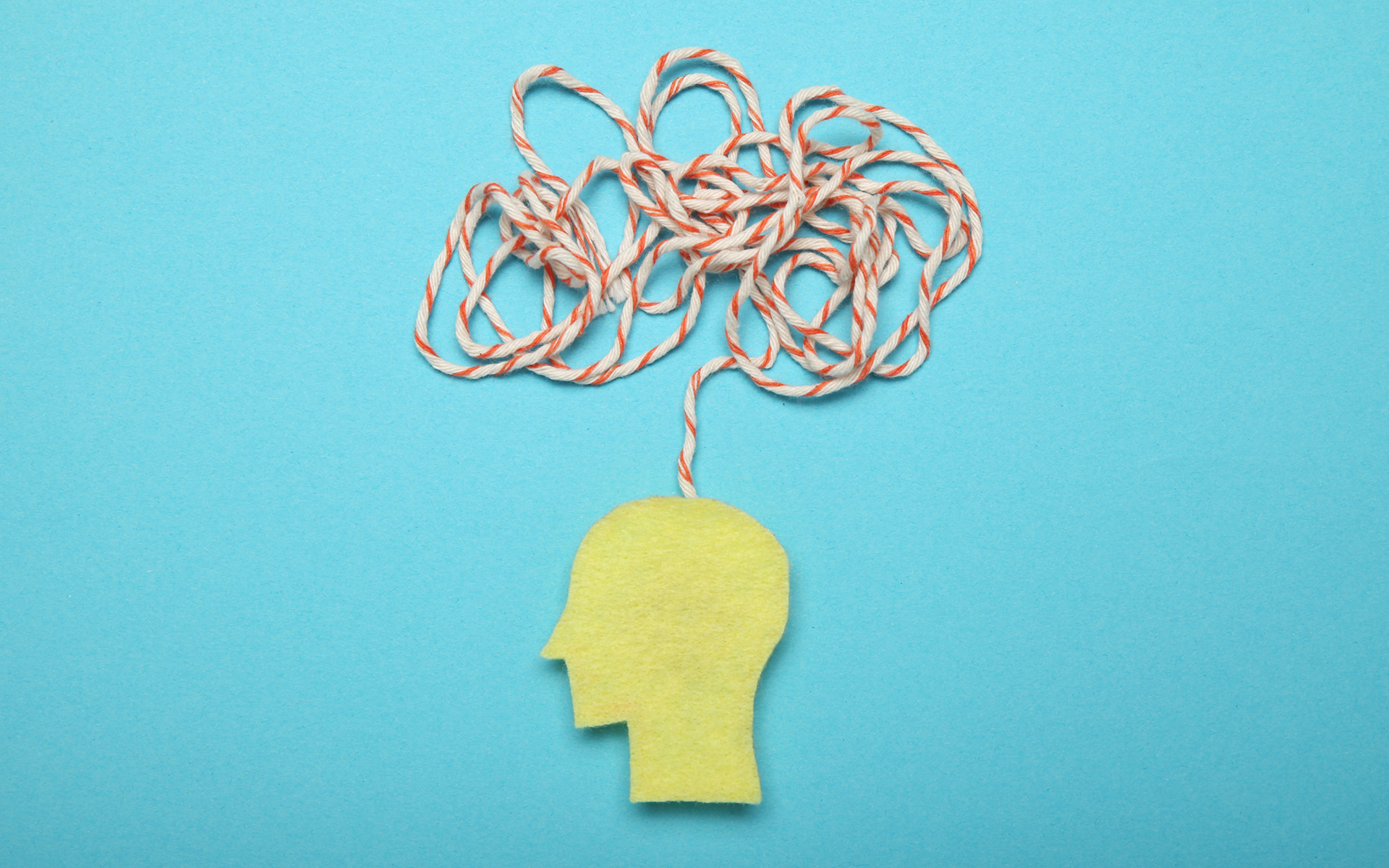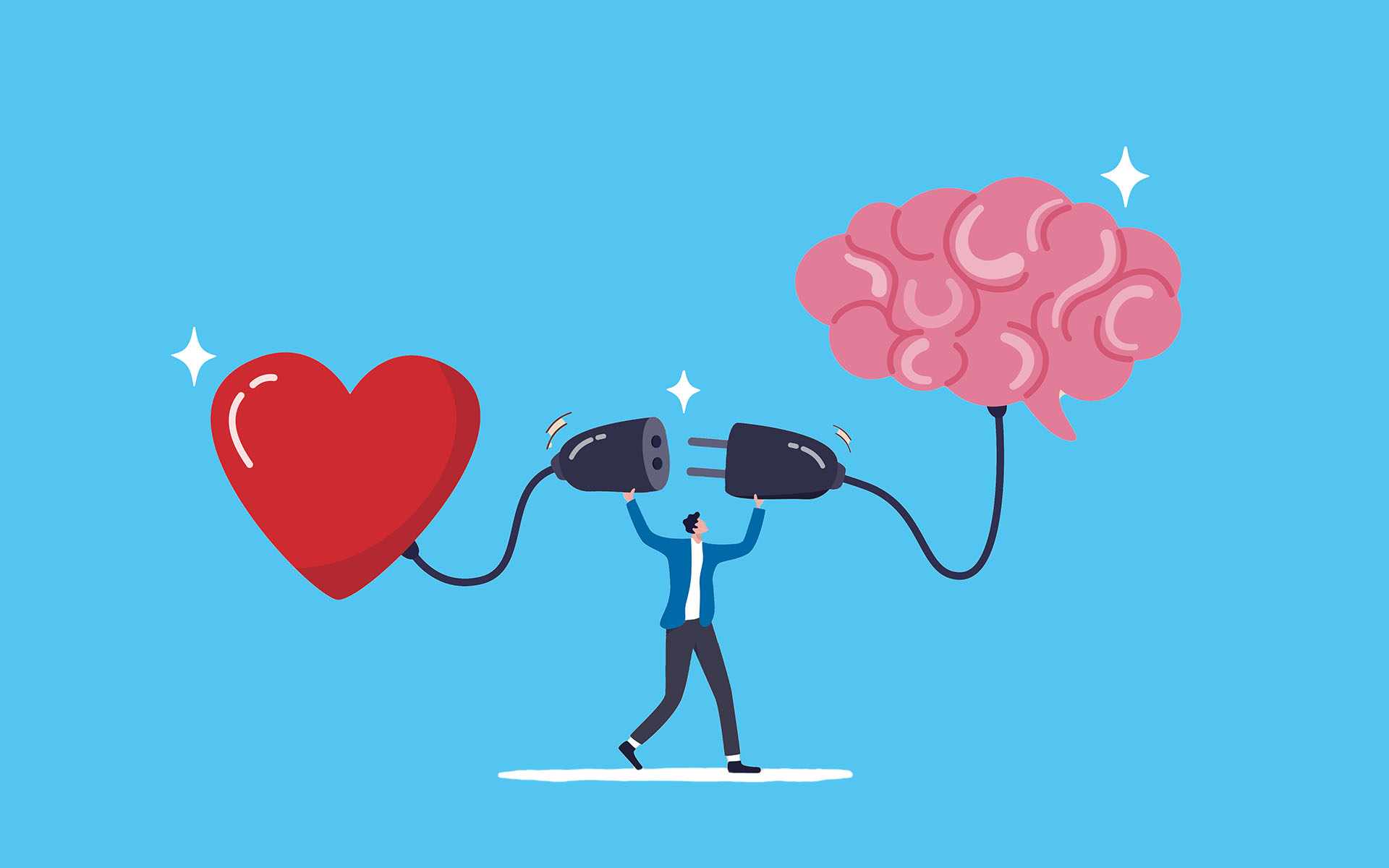Sheila groaned when she read the email message announcing the decision to replace an electronic medical record system at the hospital where she works. As head of nursing, she’d argued against the change. She was furious that others on the leadership team discounted her concerns. Staffing was already too tight on many units and now nurses would spend time learning new software rather than attending to patient needs.
Feeling her heart pound and her face flush, she stood up from her desk and walked past her assistant saying, “I’ll be back for my noon meeting.” Outside, Sheila took a mindful breath, and then another. She strode mindfully across the parking lot, fully aware of each step. She’d pause, do some mindful breathing, and then continue walking with awareness.
Several blocks from the hospital, Sheila paused. She realized that anger wasn’t all she felt. Sheila acknowledged that she found it challenging to adjust to new technology. She reminded herself of how she’d successfully managed previous software shifts and that what mattered wasn’t her comfort, but easing the transition for her staff.
She did a bit more mindful breathing and turned back. Calmer, her thoughts shifted toward the timeline for implementing the new software. Walking into her meeting with the unit heads, Sheila smiled and said, “I’m sure you all received the message about the new EMR system. Let’s add that to today’s agenda.”
Change Happens
I believe every job description should include that phrase, or better yet, “Change happens, often out of your control.”
Whatever your role in an organization, being able to adapt to change helps you succeed. What kind of change? New technology replaces old technology. Staff are transferred or let go. Assignments change.
Adaptable leaders meet new challenges with ease and are comfortable with the uncertainty that leadership can bring.
A mindfulness practice definitely can help—after all, the essence of mindfulness is to see the way things change all the time, with our own internal thoughts and moods as the field for learning. But when it comes to adapting to changes at work, something more can help: emotional intelligence.
Adaptability is one of twelve emotional and social intelligence leadership competencies in my model of emotional intelligence. It means you can quickly adjust to new situations and handle multiple demands. Adaptable leaders meet new challenges with ease and are comfortable with the uncertainty that leadership can bring.
Research by my colleague Case Western Reserve University professor Richard Boyatzis and others shows that being strong in the adaptability competency predicts satisfaction with life and career, as well as career success. This was based on a research study that tracked a group of MBA students 19 years after they graduated. Those who ranked high in this competency as students were the most satisfied and successful almost two decades later.
Two Keys to Adaptability
There’s a reason my new series of primers on the EI competencies is titled “Building Blocks of Emotional Intelligence”—many of the competencies build upon each other. While each is crucial for leadership in its own way, emotional self-awareness and emotional self-control are essential first steps in the development of the other competencies.
Emotional self-awareness means you are aware of your emotions and how you respond to the world around you—you are mindful. With emotional self-control, you can apply this awareness to manage your distressing feelings and remain calm even during stressful situations. These two competencies are the cornerstones of adaptability.
Strengthening Your Ability to Adapt
Sheila did a fine job recognizing and handling her emotions in the face of an undesired change. Taking a walk with mindfulness, and then reminding herself of past success allowed the rational thinking part of her brain (the prefrontal cortex) to regain control from the “respond to threat” part of her brain (the amygdala). Using self-awareness and self-control created the space necessary for adaptability to come into play and give her the resources to successfully make progress in her role. If she had been unable to exercise those three competencies, this situation might have looked very different. She could have stormed off to the CEO’s office and shouted her anger or vented her frustration on her assistant or colleagues.
The more you can expose yourself to different ways of doing things, to learning, and to gaining confidence in uncertainty, the more adaptable you will be. Even trying and failing at new things helps expand your capacity to respond to various situations with less stress.
How can you enhance your adaptability? Sheila had experience using mindfulness of breathing and of walking to help her after the unexpected upset. Those techniques were effective because she’d practiced them regularly and trained her mind and body to recognize their calming signals. You can draw on these to calm down—the more effectively the more you have a daily practice.
But there’s an additional way to further develop the competency of adaptability: intentionally seek out new experiences and opportunities to go beyond your comfort zone. The more you can expose yourself to different ways of doing things, to learning, and to gaining confidence in uncertainty, the more adaptable you will be. Even trying and failing at new things helps expand your capacity to respond to various situations with less stress.
read more
How Much Self-Knowledge is Too Much?
Sharon Begley explores the science of self-insight and the research on how much you should know about yourself before it becomes detrimental to your health.
Read More
7 Ways to Ease Your Anxious Mind
Elisha Goldstein, psychologist and founder of the Mindful Living Collective, offers seven daily practices to help us feel calm and stay grounded in uncertain times.
Read More
An Election Day Meditation
Follow along as Rhonda Magee guides us through a S.T.O.P. practice for focused awareness. The invitation is to be kind to yourself, take a conscious breath, and gently relate to thoughts, emotions, and sensations that arise.
Read More










